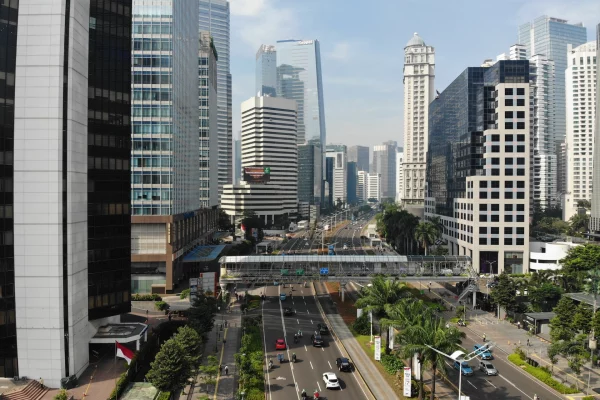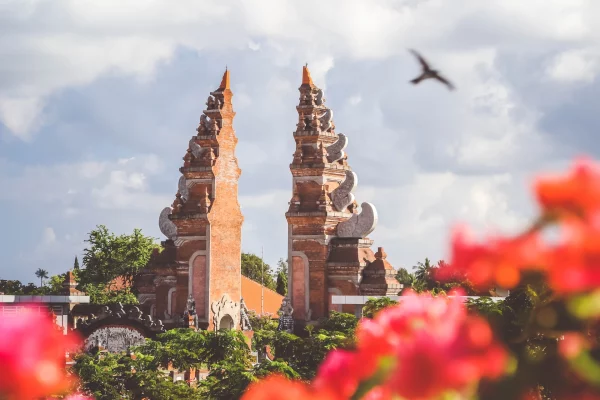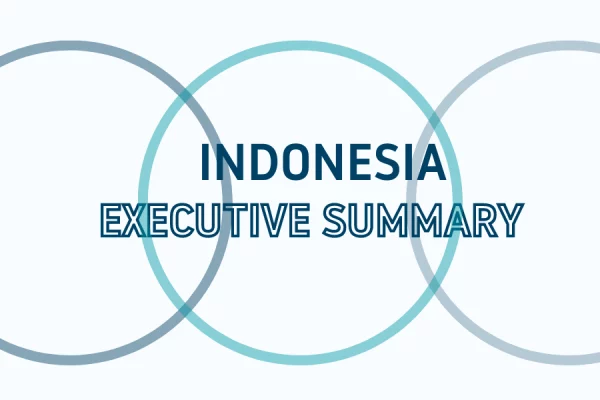Indonesia
In Indonesia, polarization has become fervent, leading to differing dynamics of exclusion and inclusion across religious and ethnic groups.
Assessed Groups
- Faith Affiliation and Beliefs
- Rural-Urban Areas
- Racial-Ethnic Group(s)
Indonesia successfully transitioned from an authoritarian regime to a democratic one in 1998. This shift, known as the Reformation era, is characterized by inclusive policies. For example, Indonesia boasts inclusive policies and social protections for ethnic and religious minorities. However, in practice, Javanese Muslims often dominate public spaces as the majority group over ethnic and religious minorities. The gap between pluralist policies and their implementation, thus, creates barriers to social inclusion for members of ethnic or religious minorities. To more fully realize the national motto, ‘Unity in Diversity’, Indonesia should begin working to recognize and redress inequalities affecting minorities. This assessment was completed in 2022.
Takeaways
Opportunities to strengthen religious pluralism dim under religious majoritarianism
Disengagement between federal policies and provincial implementation results in discrimination.
Recommendations
Commitments and Implementation
Inclusive Citizenship
Recognition
Policy Implementation



